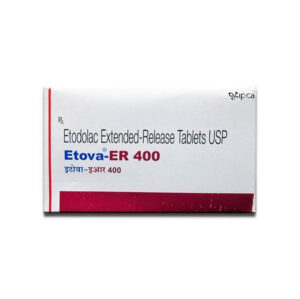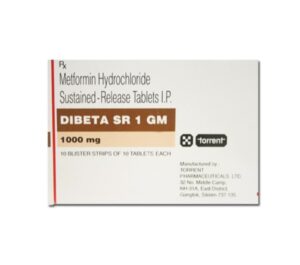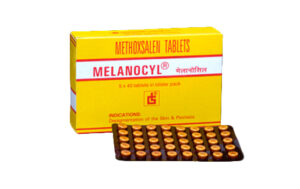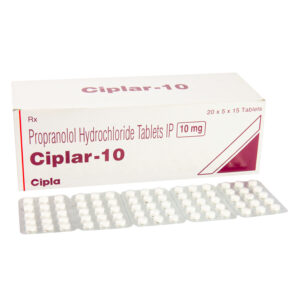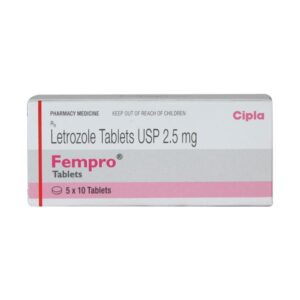Imatinib Information
Pronunciation
eye MAT eh nib
What is this drug used for?
• It is used to treat cancer.
• It is used to treat blood problems.
Frequently reported side effects of this drug
• Fatigue
• Dizziness
• Trouble sleeping
• Abdominal pain
• Lack of appetite
• Passing gas
• Hair loss
• Dry skin
• Nausea
• Vomiting
• Diarrhea
• Constipation
• Change in taste
• Stuffy nose
• Sore throat
• Joint pain
• Muscle spasm
• Weight gain
• Back pain
• Anxiety
• Night sweats
Other side effects of this drug: Talk with your doctor right away if you have any of these signs of:
• Infection
• Liver problems like dark urine, fatigue, lack of appetite, nausea, abdominal pain, light-colored stools, vomiting, or yellow skin.
• Kidney problems like unable to pass urine, blood in the urine, change in amount of urine passed, or weight gain.
• Tumor lysis syndrome like fast heartbeat or abnormal heartbeat; any passing out; unable to pass urine; muscle weakness or cramps; nausea, vomiting, diarrhea or lack of appetite; or feeling sluggish.
• Bleeding like vomiting blood or vomit that looks like coffee grounds; coughing up blood; blood in the urine; black, red, or tarry stools; bleeding from the gums; abnormal vaginal bleeding; bruises without a reason or that get bigger; or any severe or persistent bleeding.
• Electrolyte problems like mood changes, confusion, muscle pain or weakness, abnormal heartbeat, seizures, lack of appetite, or severe nausea or vomiting.
• Heart problems like cough or shortness of breath that is new or worse, swelling of the ankles or legs, abnormal heartbeat, weight gain of more than five pounds in 24 hours, dizziness, or passing out.
• Chest pain
• Burning or numbness feeling
• Severe headache
• Severe loss of strength and energy
• Vision changes
• Depression
• Bone pain
• Stevens-Johnson syndrome/toxic epidermal necrolysis like red, swollen, blistered, or peeling skin (with or without fever); red or irritated eyes; or sores in mouth, throat, nose, or eyes.
• Signs of a significant reaction like wheezing; chest tightness; fever; itching; bad cough; blue skin color; seizures; or swelling of face, lips, tongue, or throat.
Medication Safety Issues
Sound-alike/look-alike issues:
Imatinib may be confused with axitinib, dasatinib, erlotinib, gefitinib, ibrutinib, idelalisib, nilotinib, nintedanib, PONATinib, SORAfenib, SUNItinib, vandetanib
High alert medication:
This medication is in a class the Institute for Safe Medication Practices (ISMP) includes among its list of drug classes which have a heightened risk of causing significant patient harm when used in error.
Storage and Stability
Store at 25°C (77°F); excursions permitted between 15°C to 30°C (59°F to 86°F). Protect from moisture.
An oral suspension (40 mg/mL) prepared using imatinib 400 mg tablets and Ora-Sweet is stable for up to 14 days at both room temperature and 4°C (39.2°F) (Li 2016).
Adverse Reactions
Cardiovascular: Cardiac failure, chest pain, edema, facial edema, flushing, hypertension, hypotension, palpitations, peripheral edema
Central nervous system: Anxiety, cerebral hemorrhage, chills, depression, dizziness, fatigue, headache, hypoesthesia, insomnia, pain, paresthesia, peripheral neuropathy, rigors, taste disorder
Dermatologic: Alopecia, dermatitis, diaphoresis, erythema, nail disease, night sweats, pruritus, skin photosensitivity, skin rash, xeroderma
Endocrine & metabolic: Decreased serum albumin, fluid retention, hyperglycemia, hyperkalemia, hypocalcemia, hypokalemia, hypophosphatemia, increased lactate dehydrogenase, weight gain, weight loss
Gastrointestinal: Abdominal distension, abdominal pain, anorexia, constipation, decreased appetite, diarrhea, dyspepsia, flatulence, gastritis, gastroenteritis, gastroesophageal reflux disease, gastrointestinal hemorrhage, increased serum lipase, nausea, stomatitis, upper abdominal pain, vomiting, xerostomia
Hematologic & oncologic: Anemia, eosinophilia, febrile neutropenia, hemorrhage, hypoproteinemia, leukopenia, lymphocytopenia, neutropenia, pancytopenia, purpuric rash, thrombocytopenia
Hepatic: Increased serum alanine aminotransferase, increased alkaline phosphatase, increased serum aspartate aminotransferase, increased serum bilirubin
Infection: Infection, influenza
Neuromuscular & skeletal: Arthralgia, asthenia, back pain, joint swelling, limb pain, muscle cramps, muscle spasm, musculoskeletal pain (more common in adults), myalgia, ostealgia
Ophthalmic: Blurred vision, conjunctival hemorrhage, conjunctivitis, dry eyes, eyelid edema, increased lacrimation, periorbital edema
Renal: Increased serum creatinine
Respiratory: Cough, dyspnea, epistaxis, flu-like symptoms, interstitial pneumonitis, nasopharyngitis, oropharyngeal pain, pharyngitis, pharyngolaryngeal pain, pleural effusion, pneumonia, rhinitis, sinusitis, upper respiratory tract infection
Miscellaneous: Fever –


